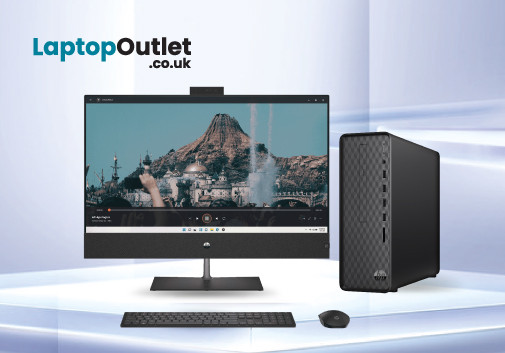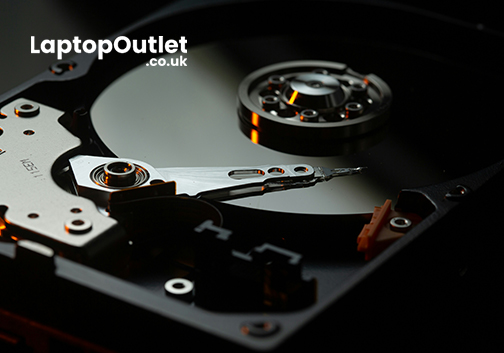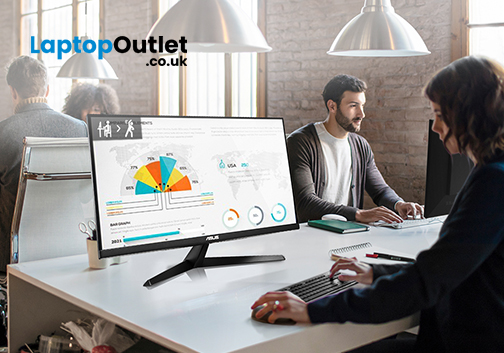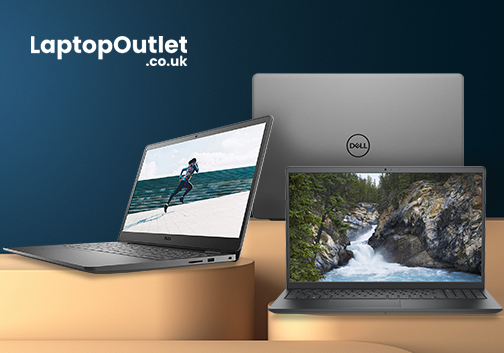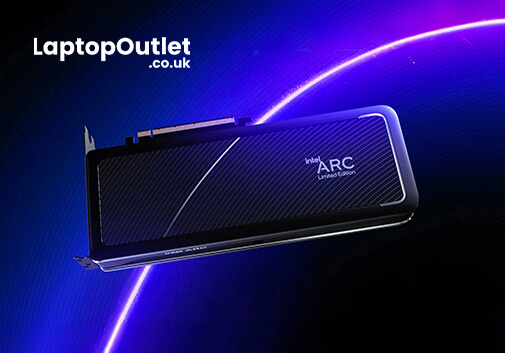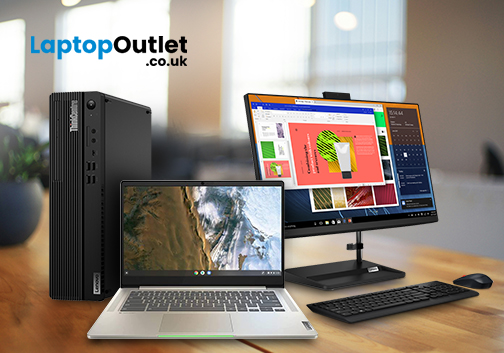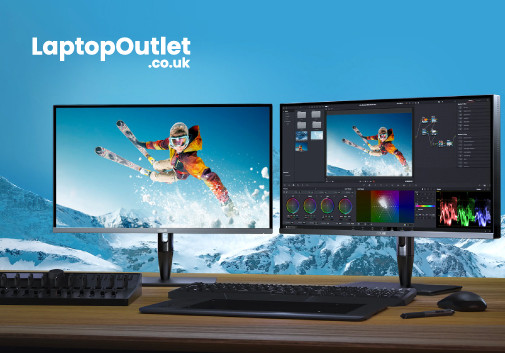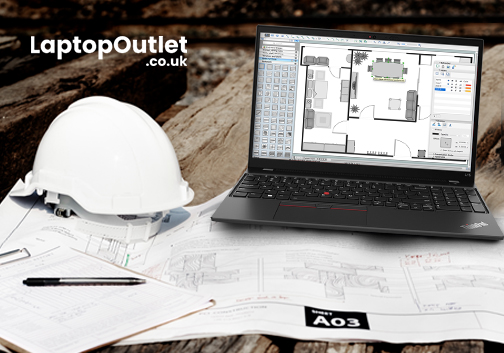Hard Drive Prices: Storage Capacity, Robustness and Reliability
The best external hard drives offer a convenient way to back up large amounts of data and keep them safe from malware attacks, hardware failures and theft.
The demand for storage capacity continues to grow rapidly as individuals and businesses accumulate vast amounts of data. Whether it's storing essential documents, multimedia files, or complex software applications, having sufficient storage space is crucial for maintaining productivity and efficiency.
However, the considerations extend beyond mere capacity regarding hard drives. Robustness and reliability are pivotal in ensuring that stored data remains safe and accessible over time.
This blog will explore the intricacies of hard drive prices and how storage capacity, robustness, and reliability influence purchasing decisions.
Whether you're a casual user needing extra storage for personal files or a business professional seeking dependable data storage solutions, understanding these factors is essential for making informed choices and optimising your digital storage infrastructure.
HDDs vs SDDS: Which One Should You Choose?
While SSDs reign supreme in speed, traditional HDDs are attractive with their expansive storage capacities and cost-effectiveness. Particularly suited for long-term storage solutions, these HDDs are reliable repositories for vast amounts of data where swift data transfer isn't the primary concern. Moreover, many top-rated HDDs transition into versatile external hard drives, catering to users' on-the-go storage needs.
For those prioritising mobility alongside speed, the best portable hard drives SSDs (Solid-state drives) combine compactness with robust storage capacities. Conversely, network storage demands are aptly addressed by the best devices or hard drives, offering centralised and secure data management solutions suitable for home and professional settings.
Storage Capacity
Storage capacity is critical to hard drives as it shows how much data can be stored on the device. It is typically measured in Gigabytes (GB) or Terabytes (TB). It includes documents and photos, videos, music, and software applications. A higher storage capacity allows users to store more data without upgrading or adding additional storage devices.
Several factors should be considered when determining the appropriate storage capacity for different use cases. These include the types of files being stored, the frequency of data storage and retrieval, and future storage needs. For example, users who work with large files such as videos or high-resolution images may require more extensive storage capacities to accommodate their data. Similarly, users who frequently download or create new content may benefit from higher storage capacities to avoid running out of space. Additionally, it's essential to consider future storage needs and potential growth in data storage requirements when selecting a hard drive with an appropriate capacity.
The storage capacity of a hard drive directly impacts its price, with higher-capacity drives typically commanding higher prices. This is because larger storage capacities require more physical storage space and additional components, increasing manufacturing costs. As a result, consumers can expect to pay more for hard drives with larger storage capacities than those with smaller ones. However, technological advancements and manufacturing processes have led to gradual reductions in the cost per gigabyte of storage, making higher-capacity hard drives more accessible and affordable. Nevertheless, the impact of storage capacity on hard drive prices remains a significant consideration for consumers when selecting the right hard drive for their needs.
Robustness
In hard drives, robustness refers to building quality, durability, and resistance to mechanical shocks and vibrations. The hard drives constructed with high-quality materials and precision engineering are more likely to withstand physical stress and environmental conditions.
The robustness of hard drives is essential for protecting data integrity and minimising the risk of hardware failures, which can lead to data loss and system downtime.
When looking for hard drive models based on their robustness features, it's essential to consider factors such as:
- Shock Resistance: Hard drives with built-in shock resistance mechanisms or features like shock sensors are better equipped to withstand physical shocks and vibrations.
- Temperature Tolerance: Look for hard drives designed to operate within a wide temperature range that is more robust and suitable for use in challenging environments.
- Reliability Ratings: Assessing reliability ratings and failure rates provided by manufacturers or independent testing agencies can help gauge the robustness of hard drive models and their likelihood of experiencing hardware failures.
Reliability
The reliability of these hard drives refers to the consistency and dependability of their performance over time without experiencing unexpected failures and errors. Hard drives with higher MTBF (Mean Time Between Failures) ratings are generally considered more reliable, as they are less likely to experience failures within a given period.
More extended warranty periods typically reflect the manufacturer's confidence in the reliability of their product and provide consumers with assurance of support and replacement options in case of hardware failures.
Comparison of Hard Drive Prices
|
Brand |
Model |
Storage Capacity |
RPM |
Price |
Best Suitable For |
Availability |
|
Dell |
Dell 2TB SATA HDD |
2TB |
7200 |
Approx. £179 |
For general users with basic storage needs |
Laptop Outlet |
|
Seagate |
Seagate BarraCuda 1TB |
1TB |
7200 |
Approx. £219 |
Entry-level users, budget-friendly |
Laptop Outlet
|
|
HPE |
HPE 4TB SAS HDD |
4TB |
7200 |
Approx. £89 |
Enterprises, high-performance storage needs |
Laptop Outlet
|
|
APC |
APC NetBotz Extended storage system 60GB |
6TB |
5400 |
Approx. £20
|
Surveillance systems, video storage |
Laptop Outlet
|
|
WD (Western Digital) |
WD Blue |
50 GB |
7200 |
Approx. £10 |
Multimedia enthusiasts, moderate storage needs |
Laptop Outlet
|
|
HGST (Hitachi) |
HGST Ultrastar |
450 GB |
15000 |
Approx. £20 |
Professionals, heavy data storage, NAS servers |
Laptop Outlet
|
|
Lenovo |
Lenovo ThinkStation |
2TB |
7200 |
Approx. £135
|
Small businesses, office |
Laptop Outlet
|
RPM stands for "Rotations Per Minute" and refers to the speed at which the platters inside a hard disk drive (HDD) rotate. It determines the performance in terms of transfer speeds and access times.
Final Thoughts!
In conclusion, when navigating the landscape of hard drive prices, considerations of storage capacity, robustness, and reliability will guide your decision-making process. While the lower prices might be tempting, it's crucial to recognise that the true value of a hard drive extends beyond its initial cost.
Storage capacity is the foundation, accommodating your data storage needs for personal archives or enterprise-level databases.
At Laptop Outlet, you can explore various hard disk drives, each selected to deliver optimal performance, durability, and peace of mind. Whether you're searching for a compact external hard drive for on-the-go convenience or a high-capacity storage solution for your business operations, Laptop Outlet offers a comprehensive selection to suit every need and budget.

